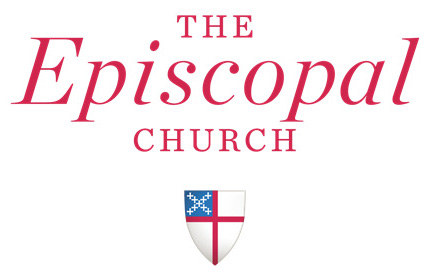The Office of Public Affairs of the Episcopal Church responded to questions raised by new laws restricting access to abortion in states such as Alabama, Missouri, and Ohio, by sending out an email last week summarizing the positions taken by General Convention on the issues of abortion and reproductive healthcare, noting that, “the General Convention of The Episcopal Church recognizes the moral, legal, personal, and societal complexity of the issue. The diversity of views within the Church represents our common struggle to understand and discern this issue.”
The summary reads in part:
The Episcopal Church teaches that “all human life is sacred. Hence, it is sacred from its inception until death. The Church takes seriously its obligation to help form the consciences of its members concerning this sacredness. …
In a series of statements over the past decades, the Church has declared that “we emphatically oppose abortion as a means of birth control, family planning, sex selection, or any reason of mere convenience.” At the same time, since 1967, The Episcopal Church has maintained its “unequivocal opposition to any legislation on the part of the national or state governments which would abridge or deny the right of individuals to reach informed decisions [about the termination of pregnancy] and to act upon them.”
The Church urges dioceses and congregations “to give necessary aid and support to all pregnant women.” General Convention “commends the work and mission of pregnancy care centers which stress unconditional love and acceptance, for women and their unborn children.” …
At the General Convention in 2018, The Episcopal Church called for “women’s reproductive health and reproductive health procedures to be treated as all other medical procedures.” The Convention declared “that equitable access to women’s health care, including women’s reproductive health care, is an integral part of a woman’s struggle to assert her dignity and worth as a human being.”
We continue to advocate that “legislating abortions will not address the root of the problem. We therefore express our deep conviction that any proposed legislation on the part of national or state governments regarding abortions must take special care to see that the individual conscience is respected, and that the responsibility of individuals to reach informed decisions in this matter is acknowledged and honored as the position of this Church.”
Read the whole summary statement here.
A few bishops have published their own commentary on the issue within the Church and the country.
The Rt Revd Jennifer A. Reddall, Bishop of Arizona, uses the show Call the Midwife as the backdrop to her blog post on the subject. An extract:
The narrative arc of the current season has been threaded with storylines about abortion, along with the issues that accompany abortion: maternal health, poverty, social stigma of unmarried mothers, mental illness, inaccessibility of birth control, and domestic violence. Abortion in the show’s context is illegal–but not inaccessible–and extremely risky.
I’ve been intrigued by the intersection between this fictionalized, historic narrative, and the present-day national conversation around the recent, highly restrictive laws controlling access to abortion services, and women’s health more generally.
In Call the Midwife, characters are consistently presented with situations that do not fit into their ideal moral view. Mothers face hard choices; the midwives are caught between caring for their patients and fulfilling their legal obligations. The midwives–both lay and religious–are not of one mind about whether abortion should be permissible. But to a person, they always respond to their patients with compassion and empathy–and they allow themselves to be changed by the stories they encounter.
Jesus taught using stories. When we hear about characters who struggle with issues we struggle with, it can open our minds and hearts to the Love of God, and reminds us how Jesus interacts with the people around him. The Gospel consistently recounts that Jesus ‘had compassion’ on people and crowds, and his compassion leads him to action to relieve their suffering and hunger. I consistently see the face of Jesus in the characters in Call the Midwife: they love, they weep, they care, they heal, they pray, and they stand by their patients through joy and grief.
I wish I heard more compassion and more love towards women in our national and legal debates–and not just when they have an unwanted or unviable pregnancy. The lifetime of stories I have heard and shared with the women I know have moved my own thoughts and opinions about abortion into a place that is roughly equivalent to what The Episcopal Church has stated in our General Convention resolutions.
Read Bishop Reddall’s blog post here.
The Rt Revd Susan E. Goff, Suffragan and Ecclesiastical Authority in Virginia, also affirms the nuanced position of successive General Conventions, writing in part:

